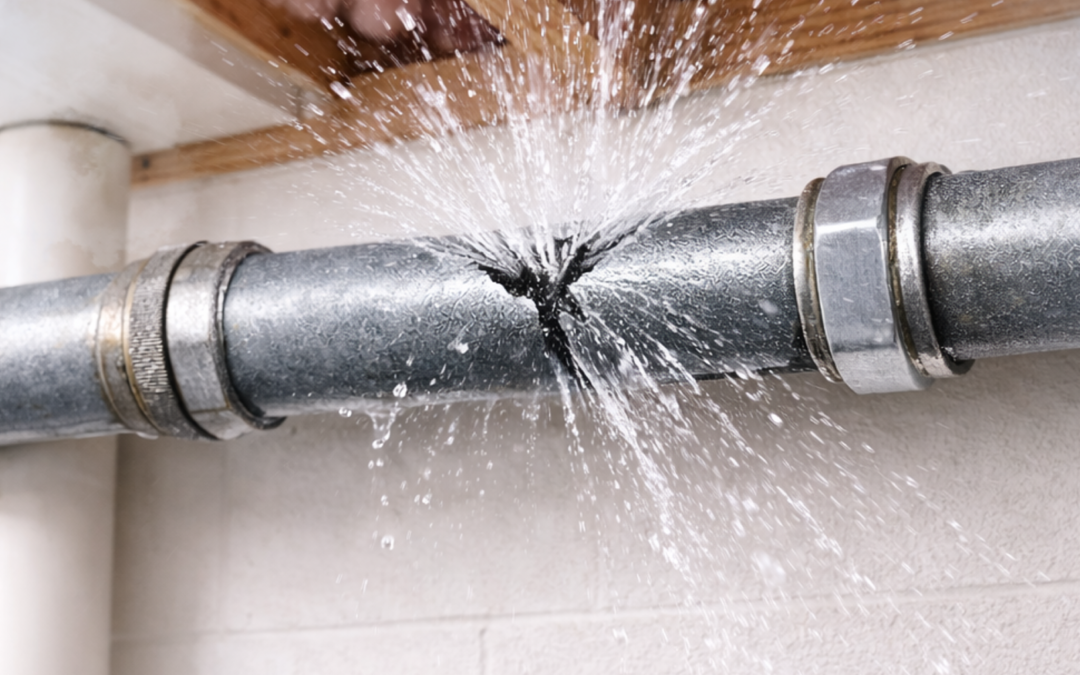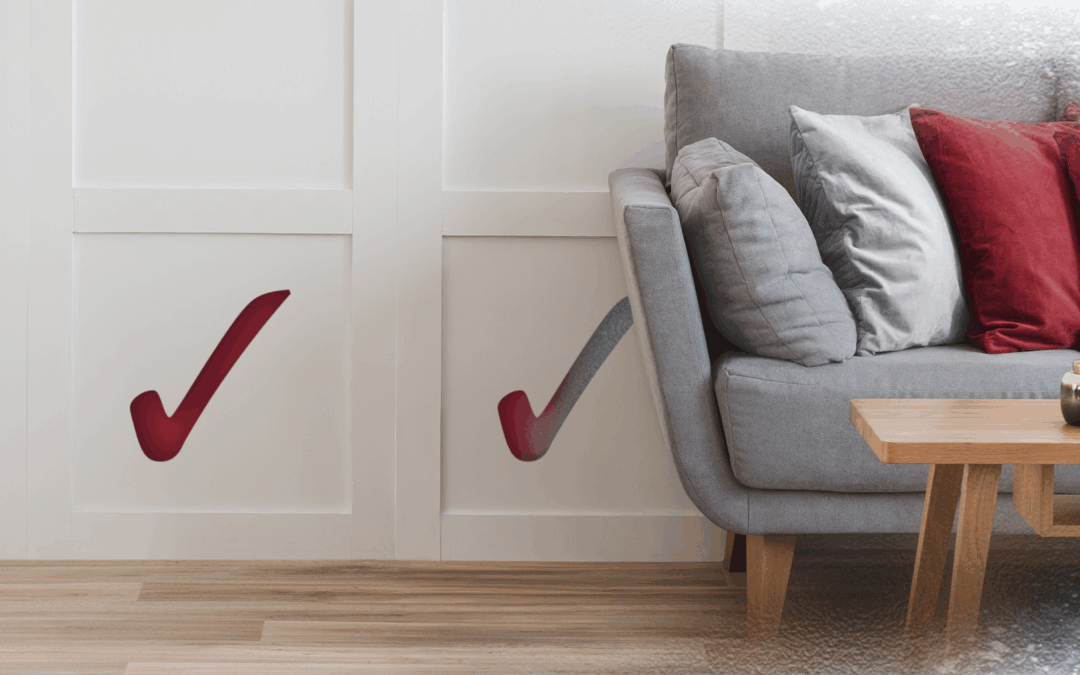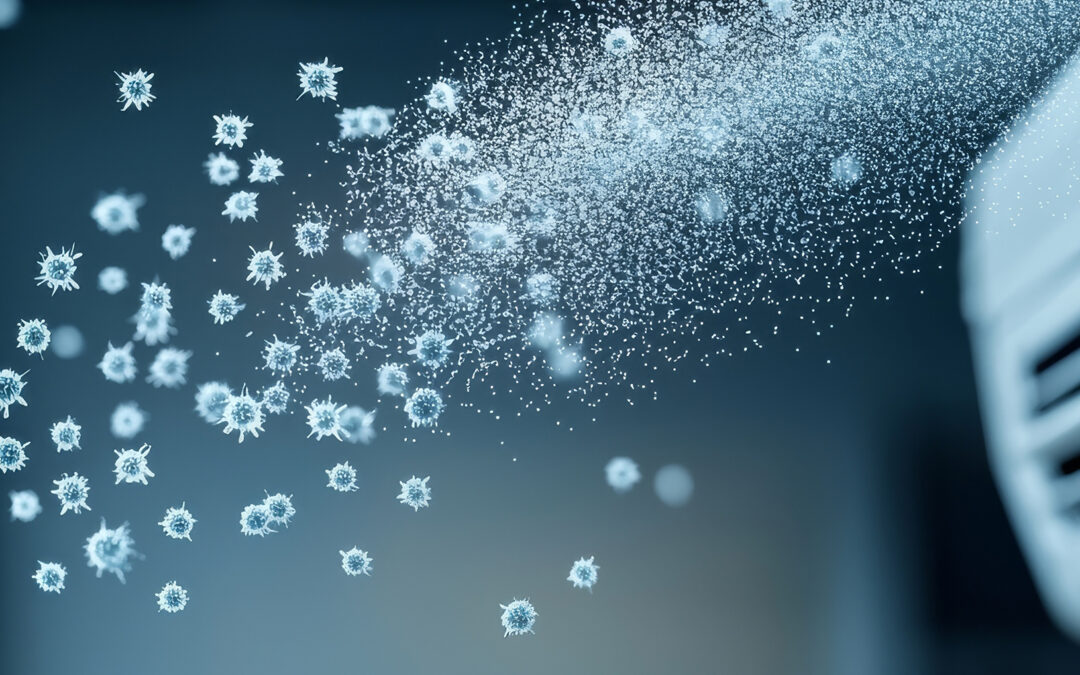Do You Need Water Treatment?

Whether you get your water from a municipal supply or from a well, it’s likely that the water that comes out of your faucet has trace minerals in it. This isn’t necessarily a bad thing. Humans need to consume some minerals such as calcium, magnesium, and iron in order for our bodies to function properly.
That said, it can be unhealthy if your water has a higher than usual amount of minerals in them. What’s more, water with high mineral concentrations can lead to build-up on your pipes, faucets, water heater, or other appliances that access the water supply. This can lead to eroded or clogged pipes, damaged appliances, and just general inefficiencies that can cost a significant amount to remediate if left unchecked.
Here in Maryland, water tends to be on the harder side, so you may want to consider getting your water treated.
What Is a Water Softener?
A water softener is a filtration system that removes some of the minerals from your water. Typically connected at the point where water comes into your home, they can be installed either outside your home or in a basement or garage.
There are three types of water softeners:
- Cation Exchange: This is considered the most effective type, but they’re also the most expensive. You typically only will need this if your water is extremely hard. They use a sodium-based conditioner to remove calcium and magnesium, and may even be restricted in some areas.
- Non-sodium Conditioner: These use a process called ion exchange to remove mineral concentrations. They’re not as effective as Cation Exchange softeners, and they don’t actually reduce hardness directly. Instead, they crystalize sediment before it hits your pipes or internal water systems.
- Magnetic: This is best for mildly hard water and uses magnets to polarize water. It’s important to note that these types use electricity and can increase your utility bill.
Signs You Need a Water Softener
There are a number of things to look for that can indicate your home could benefit from having a water softener. First, look for build-up around faucets, at the base, the handles, and the pipes underneath. If you see white or light yellow and chalky, that’s what’s called “scale” and is the collection of some of the minerals in the water over time.
Other signs you may notice over time include:
- Premature fading in your clothes
- Spots on your dishes or glasses coming out of the dishwasher
- Increased fragility of glassware
- Frequent clogs or other plumbing issues
- Higher than usual water bills
- Sink stains
- Itchy skin
If you’re seeing any of these signs, you can by an inexpensive water hardness testing kit at your local hardware store or online. These kits are easy to use and can tell you fairly quickly how hard your water is.
Of course, we’re here to help you choose and install a water softener that’s right for your specific situation. Contact us to schedule a visit from one of our plumbing experts.
Related Posts:
Prevent Your Pipes from Freezing this Winter
Frozen pipes can burst quickly in cold weather—but they’re often preventable. Proven tips to help protect your plumbing system this winter.
The Essential Pre-Winter Checklist for Your Home or Business
Our essential checklist helps prevent costly heating, plumbing, and weatherization problems before winter hits.
Is Your HVAC System Making Your Spring Allergies Worse?
Think you’re safe from pollen indoors? Your HVAC system might be spreading allergens throughout your home. Discover how to fight back.



Subscribe To Our Newsletter
Join our mailing list to receive the latest news and updates from our team.
You have Successfully Subscribed!